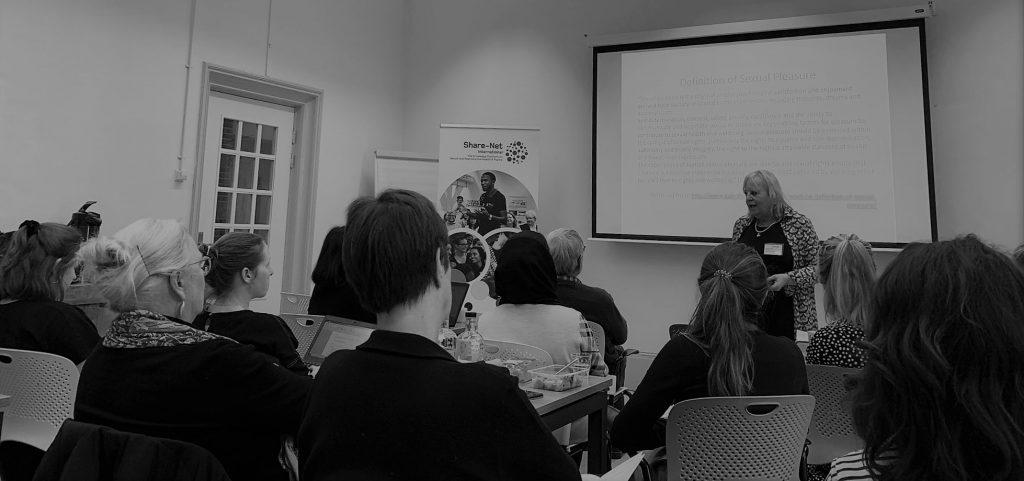Share-Net Report on “Sexual Pleasure: a luxury or a right?”
Introduction
On December 9th 2019, Share-Net hosted its first interactive session on sexual pleasure, titled “Sexual Pleasure: a luxury or a right?”. The event was organised in collaboration with RNW Media and was held at the Impact Hub in Amsterdam.
Why Sexual Pleasure?
So, why have a thematic session dedicated to sexual pleasure? Well, it is a great reason to have sex; and yet it has been largely ignored in sex education and underrepresented in international development. Only recently, have SRHR organisations and professionals started to recognise the importance of sex positivity to effectively promote sexual health. The Pleasure Project is one of the first to advocate for the inclusion of pleasure in sexuality education and safe sex programmes. Together with Rutgers and Love Matters (RNW Media), they have been taking to several major SRHR happenings around the globe, including ICFP 2018 (watch them here) and Women Deliver 2019, to draw attention to pleasure and its integration in SRHR activities. More and more SRHR organisations are becoming inspired by the pleasure movement and Share-Net have taken this opportunity to assess what work has been done and what are the next steps forward.
The World Association for Sexual Health (WAS), The Global Advisory Board for Sexual Health and Wellbeing (GAB) and The International Planned Parenthood Federation (IPPF) are leading the way as they have all pleasured up their definitions of sexual health and rights. Furthermore, a quite significant advancement is the working definition of sexual health of the World Health Organisation (WHO), as it now incorporates the “possibility of having pleasurable and safe sexual experiences.”
At this interactive session, we discussed questions such as “What does a pleasured up world look like for us public health organisations?”, “How can we come together in becoming the pleasure promoters?” We answered these questions by looking at the latest developments, evidence and projects and explore innovative ways to incorporate pleasure into international SRHR policies and practices.
To read our full report, please click here
